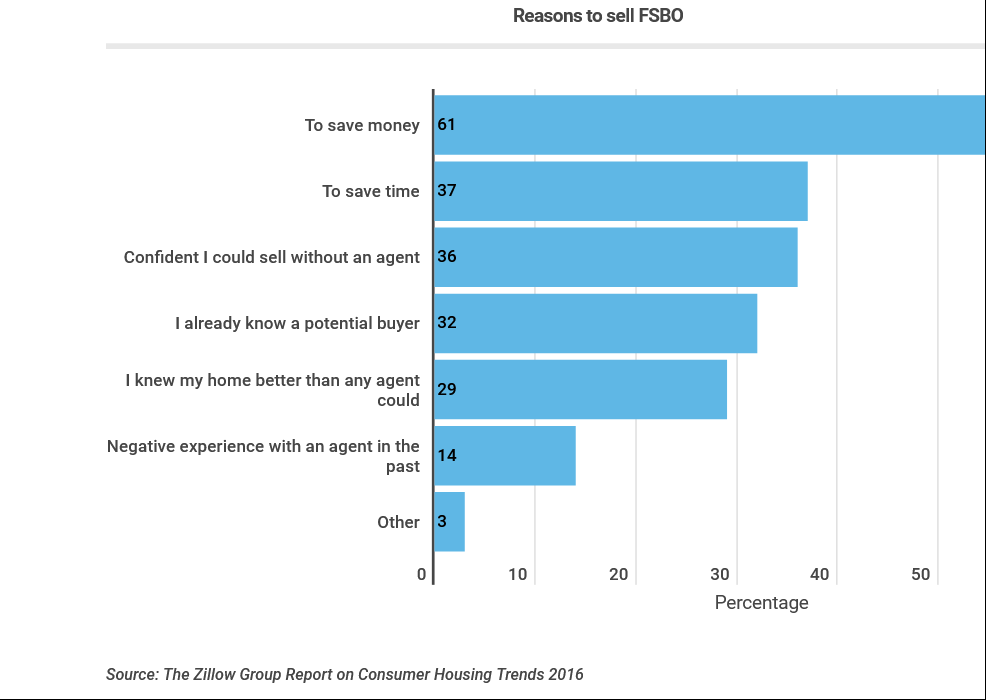5 Essential Documents for FSBO Sales Paperwork

In the realm of real estate, FSBO (For Sale by Owner) transactions present a unique set of challenges and opportunities for homeowners. Unlike traditional sales through realtors, FSBO sales require sellers to take on responsibilities that would otherwise be handled by professionals. A key aspect of a successful FSBO sale is having all the necessary paperwork in order. This ensures a smooth transaction and can help you avoid legal pitfalls. Here are five essential documents you need when selling your home without an agent:
Purchase Agreement


The Purchase Agreement is the cornerstone of any real estate transaction, outlining the terms and conditions of the sale. This document should detail:
- Property details: Address and legal description.
- Sale price and how it’s paid.
- Deposit details: Amount of earnest money, conditions under which it’s forfeited.
- Inspection contingencies and any repairs to be made.
- Financing contingencies if the buyer needs a mortgage.
- Closing date and any other significant dates.
- Disclosures regarding known defects or issues with the property.
Disclosure Statement


State laws require sellers to provide buyers with a Disclosure Statement, which must reveal any known issues with the property. This includes:
- Material defects such as structural damage, water damage, or mold.
- Environmental concerns like the presence of lead paint or asbestos.
- Legal restrictions or disputes involving the property.
- Homeowners’ association obligations or rules.
This document helps protect sellers from future legal action and gives buyers full transparency.
Title Report


A Title Report provides evidence of ownership and outlines any liens or encumbrances on the property. It includes:
- Property ownership history.
- Current property description.
- Liens: Mortgages, tax liens, or other claims against the property.
- Judgments or unresolved legal issues that might affect the title.
Ensuring a clean title is crucial for a straightforward sale process.
Escrow Agreement


The Escrow Agreement outlines how earnest money or other funds will be held until the closing. This document typically covers:
- Earnest money: The amount deposited by the buyer to show good faith.
- Conditions for releasing funds to either party.
- Responsibility of the escrow company in managing the funds.
Closing Documents


At closing, several documents come into play to finalize the sale:
- Settlement Statement: Details all charges, prorations, and adjustments related to the sale.
- Deed: The legal document transferring ownership to the buyer.
- Bill of Sale: If personal property is included in the sale.
- Affidavit of Title: Confirms no undisclosed liens exist against the property.
- Certificate of Occupancy: Indicates the property is safe for habitation.
Here’s a summary table for quick reference:
| Document | Purpose |
|---|---|
| Purchase Agreement | Details the sale terms and conditions. |
| Disclosure Statement | Reveals property issues to buyers. |
| Title Report | Confirms property ownership and issues. |
| Escrow Agreement | Outlines handling of earnest money. |
| Closing Documents | Finalizes the sale legally. |

⚠️ Note: While these documents are essential for FSBO sales, local laws and requirements may differ, so consult with a real estate attorney or professional if necessary.
In navigating the FSBO sales process, having these documents in order is paramount. They not only help in closing the deal smoothly but also offer legal protection and transparency to all parties involved. Remember, while these documents are the bare minimum, consulting with real estate professionals or legal advisors can ensure you cover all bases, especially in complex transactions or when local regulations come into play. By having your paperwork ready, you'll not only expedite the sale but also enhance your credibility as a knowledgeable seller, leading to a smoother and more favorable sales experience for all parties involved.
What if I forget to include a necessary disclosure?

+
Failing to disclose known defects or issues could lead to legal repercussions, including lawsuits from the buyer for not revealing material facts that affect the property’s value or safety.
Can I draft my own Purchase Agreement?

+
While it’s possible to draft a Purchase Agreement yourself, it’s advisable to have it reviewed or drafted by a real estate attorney or use a reliable template to ensure all necessary clauses are included.
Do I need a Title Report if I already own the property?

+
Yes, a Title Report is essential to confirm ownership and to identify any liens or encumbrances that could affect the buyer’s title, even if you’ve already owned the property.